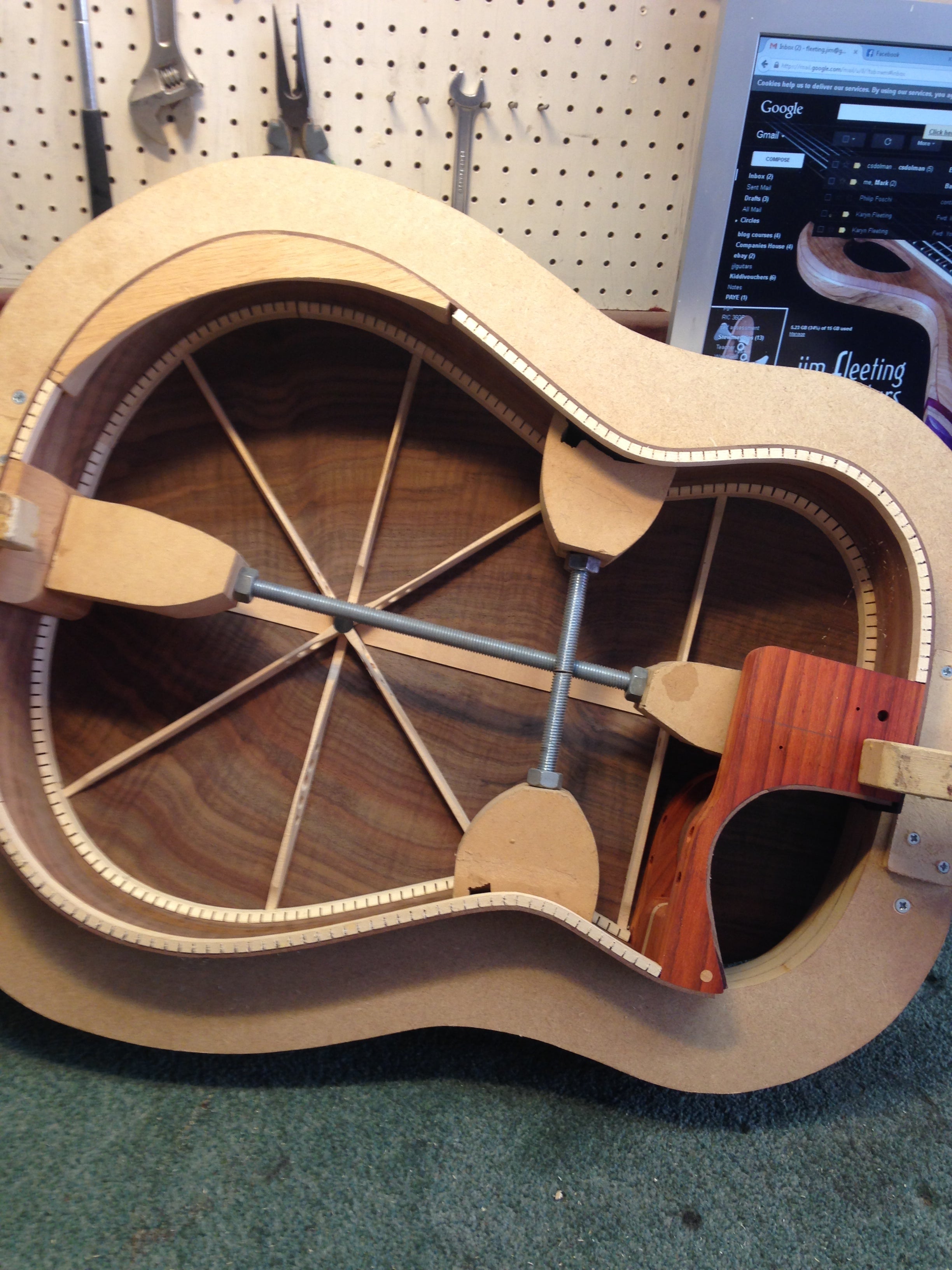Your support helps us to tell the story
From reproductive rights to climate change to Big Tech, The Independent is on the ground when the story is developing. Whether it's investigating the financials of Elon Musk's pro-Trump PAC or producing our latest documentary, 'The A Word', which shines a light on the American women fighting for reproductive rights, we know how important it is to parse out the facts from the messaging.
At such a critical moment in US history, we need reporters on the ground. Your donation allows us to keep sending journalists to speak to both sides of the story.
The Independent is trusted by Americans across the entire political spectrum. And unlike many other quality news outlets, we choose not to lock Americans out of our reporting and analysis with paywalls. We believe quality journalism should be available to everyone, paid for by those who can afford it.
Your support makes all the difference.
“A guitar is like a fine piece of antique furniture, it needs to be kept in a controlled environment of between 40 and 60 per cent relative humidity, because wood shrinks and dries out,” warns Jim Fleeting, a master luthier (a maker or repairer of string instruments).
After jacking in his IT job in London and jetting off to Arizona to learn his craft, Jim has followed his passion and now custom-makes specialised guitars (such as fret-free, nine-string and even harp styles). This independent-spirited Sol hero started out as a bass player in a rock band, and is now an expert in all things guitar.
“If you live in a house with central heating and modern double glazing, then the relative humidity is around 10 – 15 per cent in the winter. That can crack a guitar in no time,” he warns. So keep it in a case away from heat. If your house is dry consider a humidifier, or if it’s very damp, a de-humidifier.
“Also change your strings frequently,” advises Jim. “I’ve known top steel string guitarists who change their strings between every take when recording because they do get duller and don’t ring out as well as they used to. You don’t have to change them quite so often!”
Finally, keep your guitar clean. “Dust starts to damage the finish and it also sounds nicer if the frets are clean,” says Jim. “If they are dirty they don’t sound so nice. If you have a lacquered finish, a tiny spot of lemon oil will do the trick. Otherwise just use a damp cloth.”

Join our commenting forum
Join thought-provoking conversations, follow other Independent readers and see their replies
Comments